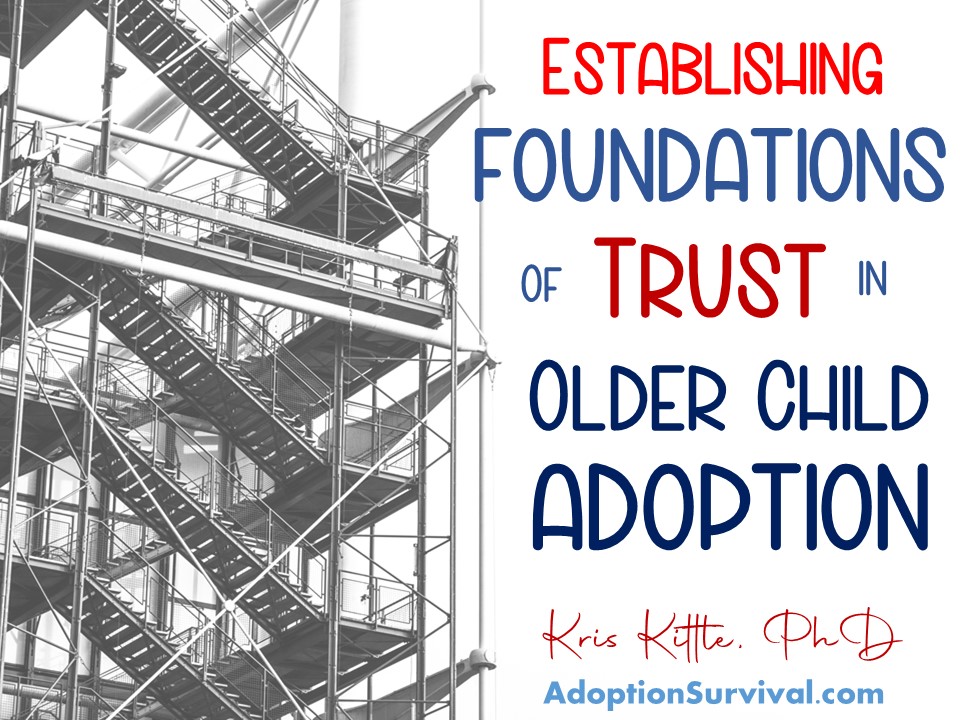
Parenting is a bit like building a house. I’m not a builder, but my brother is. Having a firm, solid foundation is necessary to keep the house from settling differently which will tear it apart. It provides the proper support for the structure. So how does building a house correlate with parenting?
Like this…
As a parent, you are a builder. When your child is young, you parent by meeting needs. And through meeting needs, you are seen as trustworthy. Your child trusts that if he/she comes you with a booboo, you will give a hug, kiss and snuggle to make it better. If your child is hungry, he/she can come to you and know you will provide them with food to eat. If your child is sad, he/she can come to you for comfort and assurance.
The foundation of your relationship with your child is based on the trust of knowing you are available for them. You are there to meet needs. You are there with help, direction, wisdom, and love. From that firm foundation, you can build your child up.
The building is the structure of who the child becomes, what they learn, and how they behave in situations. It is who they become as an adult. Through your guidance, they become a structure that can stand the tests of life.
When your child is 8, 10, or older when they come home, their trust foundation is uneven or may be non-existent due to their past parental relationships. You—as the parent—get the privilege of helping develop their foundation as well as their structure, but in less time. Despite missing the younger years, you need to establish a firm foundation while simultaneously building a stable, sturdy structure.
It is hard.
How do you build a foundation and the structure simultaneously? You love despite the response. You do not take negative behavior or responses personally. You fully expect a “push-pull” relationship where they pull close to you for a period of time, then push away from you.
Did I say you do not take responses personally? Yes, it is hard not to bring your personal feelings into the situation. But it is necessary to best be able to respond to your child.


